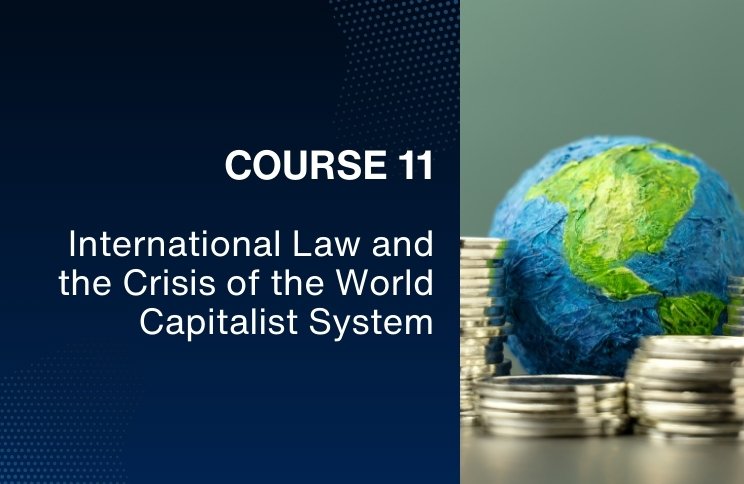
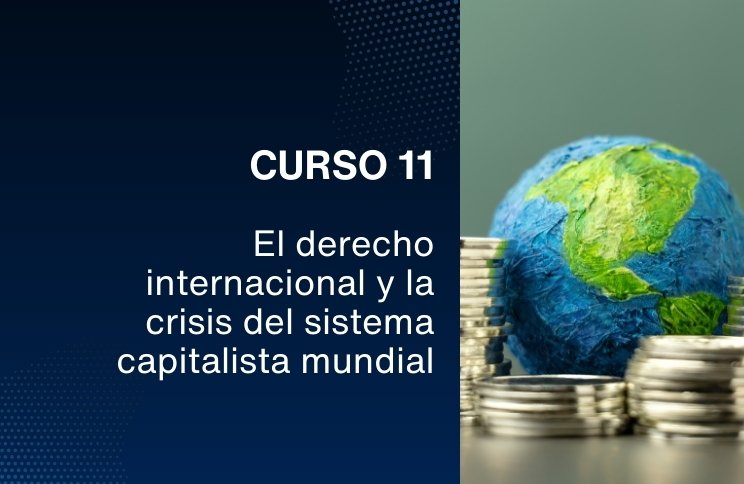
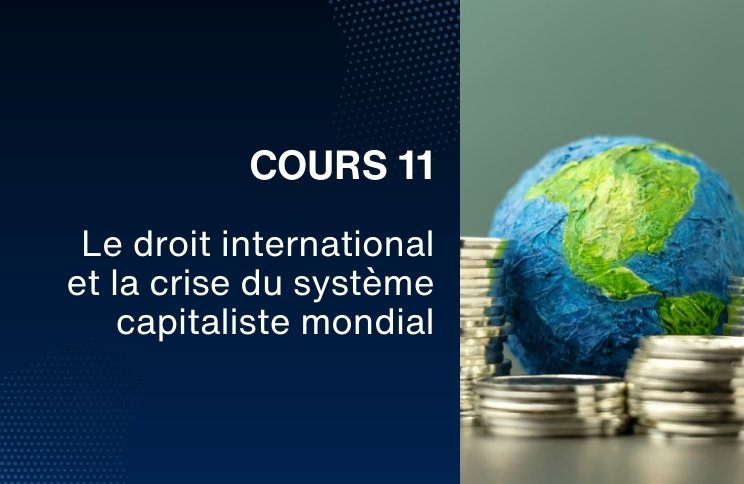
This course explains the key contradictions of capitalism and how the law interfaces with them. It traces the struggle faced by the labor movement and proposes the contours of a new labor strategy. The course analyzes how globalization created two antagonistic communities, and it deconstructs deglobalization and its challenges. It suggests potential routes for progressive deglobalization to strengthen local economies. Faculty explain the doctrine of odious debt and the way in which it is used as a tool of domination in the Global South. And they look at creative strategies to mitigate and oppose the policies and practices of the public financial and trade system of the Bretton Woods institutions.

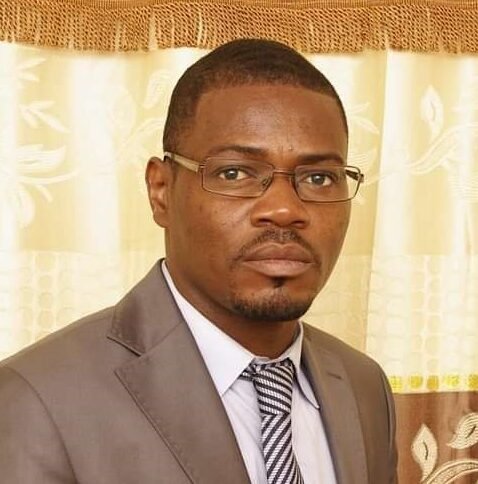
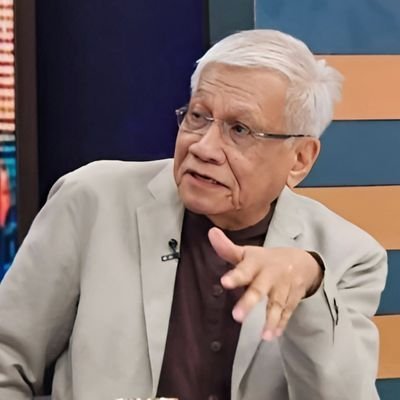


Co-founded by Biju Mathew, a 21,000-member strong union of NYC yellow cabs pushing the boundaries of traditional organizing.

Debt as a Mechanism of Neocolonialism and Domination by Major Powers through Bretton Woods Institutions (English translation of original presentation)
La dette, comme mécanisme du néocolonialisme et de domination des grandes puissances a travers les institutions de Breton Wood
Harvard Political Review article by Joyce Chen outlining the power imbalances at play in the world capitalist system.
A Just World Under Law: A View From the South—2007 American University International Law Review article by B.S. Chimni outlining the changing structure in international law and a framework for global justice in the era of transition.

Available in French.
2013 Article by Bernard Anoumo Dodji Bokodjin concerning the freedom of press in Togo. Available in French and English.
Night of Human Rights (NDH) award to the NADDAF association for “Best Actor 2021” in the “Corporate Social Responsibility (CSR)” category
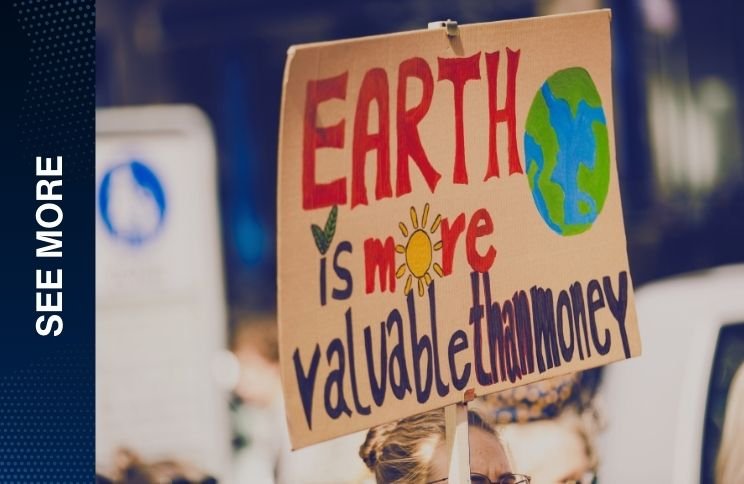
Between Walden Bello and Edward Ashbee, Yale Club, New York, September 2025
Thank you for registering for the People’s Academy! You will be auto-registered for future courses and seminars. For the upcoming seminar, please register with the following link: